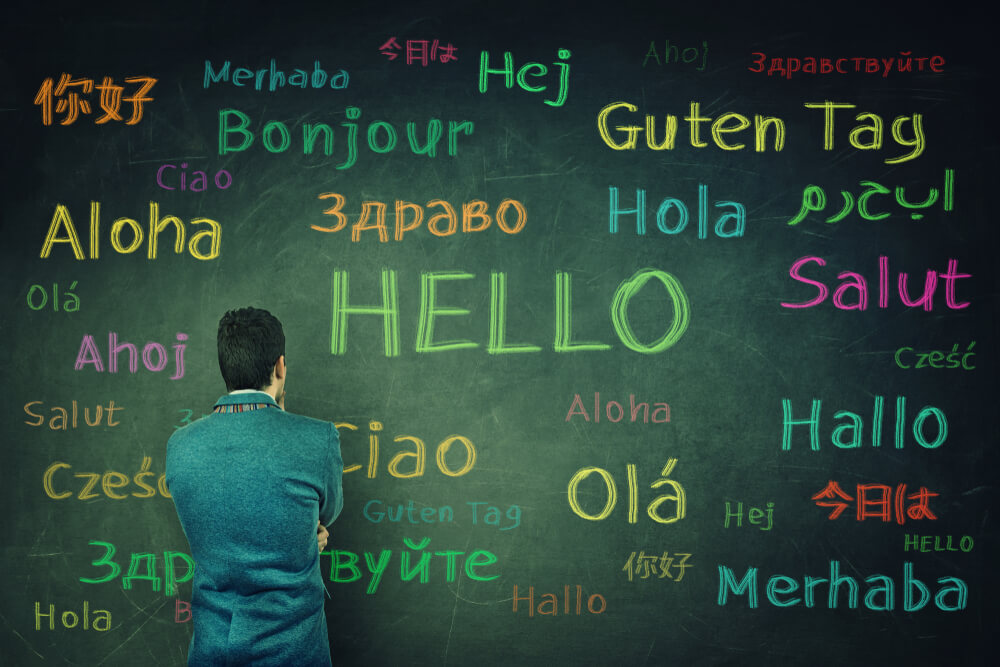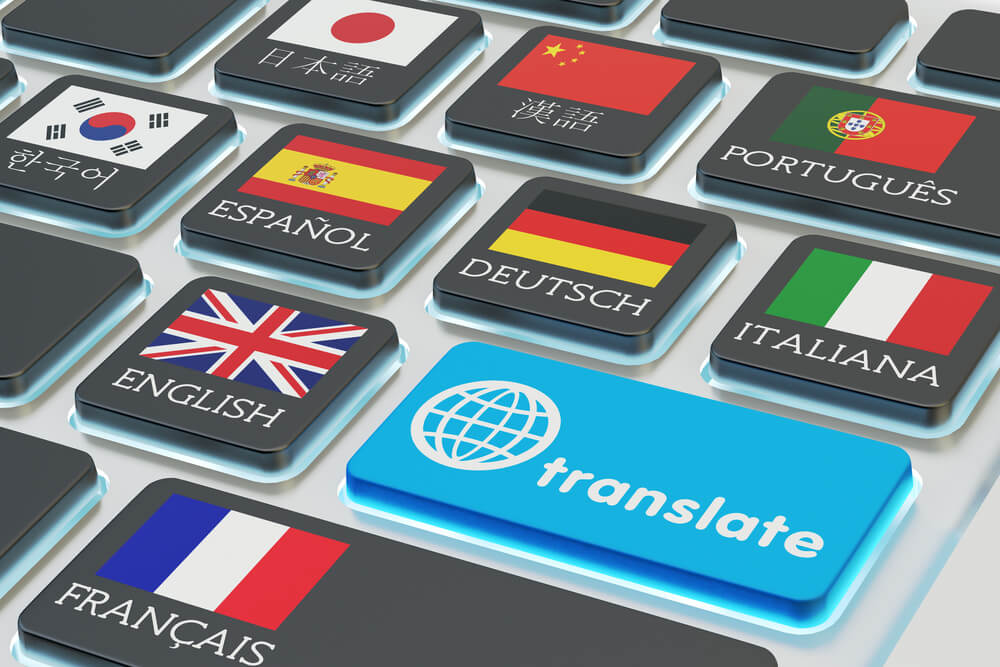
Despite the presence of other languages and cultures in their assignments, a mere 10% or less of the U.S. Department of Defense’s military service personnel (and just 13% of CIA employees) speak a language other than English.
For individuals seeking a career in government, language skills are far more than mere resume-boosting assets. They are vitally important in ensuring the safety and effectiveness of the professionals themselves and the citizens they serve.
The Growing Need for Multilingualism in Government Roles
The Center for Language, Literatures, and Cultures at Ohio State University states that the U.S. Government has drastically expanded its demand for foreign language employees. Agencies like the NSA, CIA, Department of State, Department of Justice, and the Department of Defense need interpreters and analysts with a deep knowledge of foreign languages and cultures that interact with these agencies. The CIA, in particular, even lists specific languages as mission-critical in their selection processes.
Languages in High Demand Among Government Agencies
It goes without saying that is a higher demand for language skills in cities and states with large multilingual communities. Still, the demand for specific languages is also growing more urgent by the day.
Arabic is one of the CIA’s mission-critical languages for the American government. As the official language of 25 countries and native tongue to around 223 million people, Arabic is very high in demand across various government positions. The other language the CIA lists as mission-critical is Korean, primarily because they need interpreters to translate and interpret transmissions from South and North Korea.
Mandarin Chinese is not only crucial for the government, but it’s also a critical language to the world economy. More than 70% of China’s population speak Mandarin, and roughly 850 million people speak it, making it the world’s most popular language.
Then there’s Spanish, which represents the second-most spoken language in America after English. An abundance of federal documents, audio, and video files are captured in English and Spanish.
Government agencies are recruiting more multilingual individuals to serve in foreign consulates, represent states in trade negotiations, serve in the military and intelligence agencies, and assist with interpreting and translation needs.


Aside from helping you grow essential soft skills, learning another language can significantly enhance your chances of securing a role in government.
Skills Developed by Bilingualism
Numerous studies have shown that individuals that speak more than one language find it easier to develop critical soft skills, skills that can significantly benefit career growth in government roles. These skills include:
Cultural Competence – When you learn another language, it can help you expand your cultural competency skills. These skills relate to recognizing and understanding the significant differences between cultures. It improves your intercultural and intra-cultural knowledge, which helps you work better with people across a wide range of cultures.
Communication – Polyglots are much more aware of how they express themselves and what adaptations they need to apply to their communication style in order to get a message across. Learning a new language can help you communicate more proficiently across all languages you speak.
Problem Solving – Thinking and speaking in various languages can help foster new, creative ways of solving problems. Multilingualism can also help individuals find more effective ways of interpreting and approaching problems and finding solutions from different perspectives.
In Conclusion
Aside from helping you grow essential soft skills, learning another language can significantly enhance your chances of securing a role in government. The growing demand for foreign language skills is a strong indicator of just how powerful the economic impact of linguistic diversity is. In order to better serve communities, governments must employ a wide range of multilingual professionals to help bridge language barriers and cultural nuances.
Want new articles before they get published? Subscribe to our Awesome Newsletter.

CAREER ADVICE

GOV TALK




